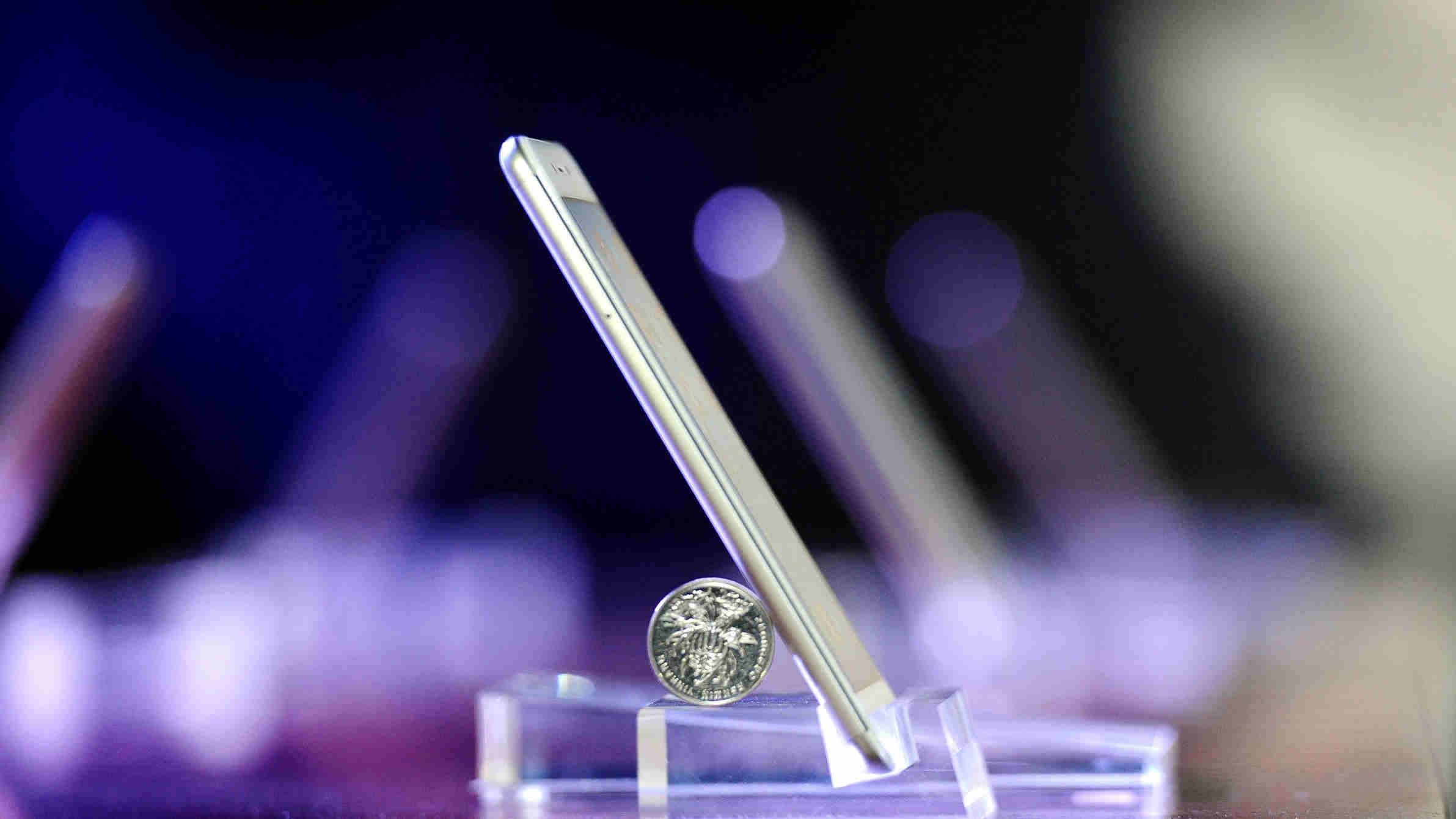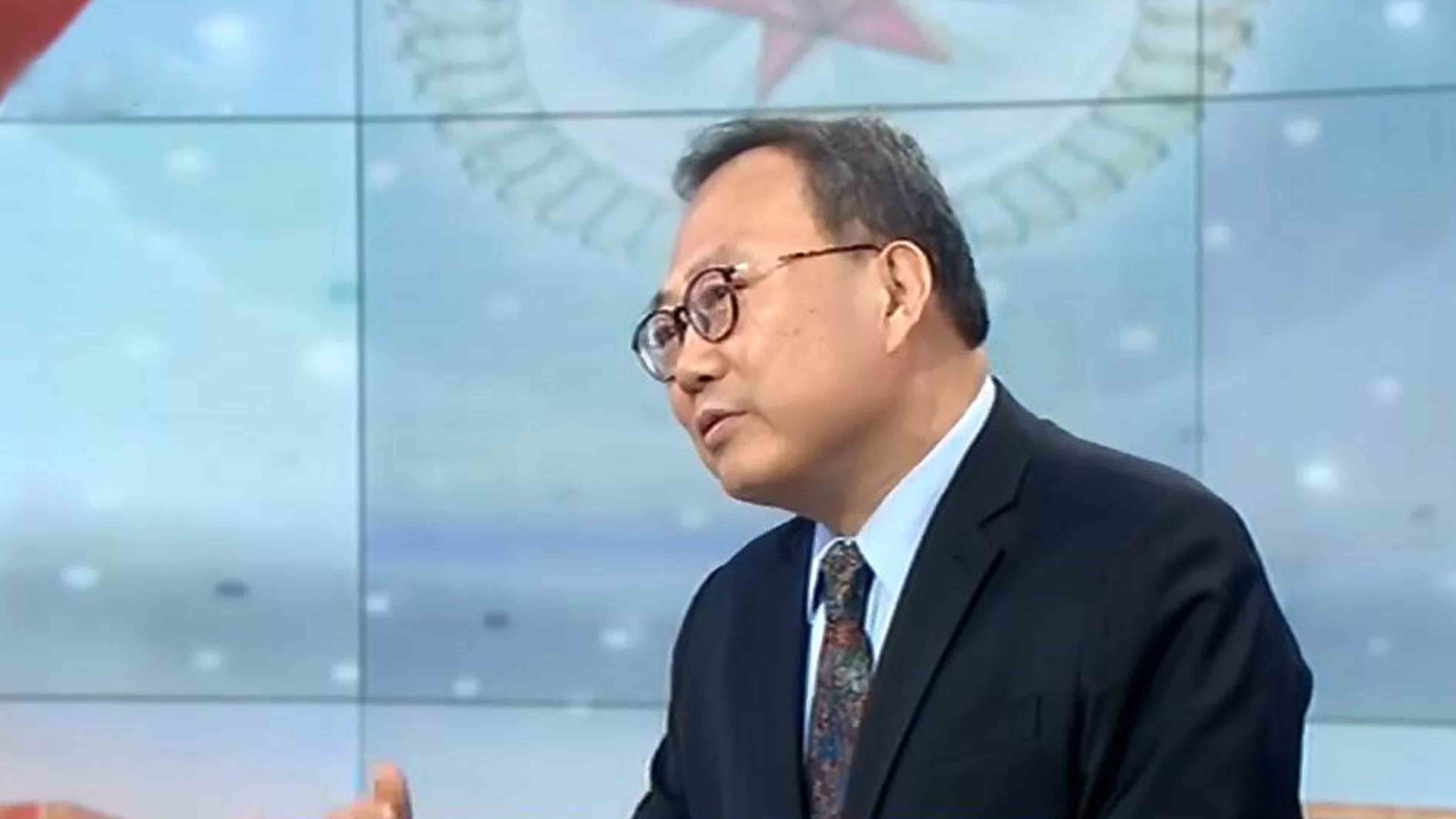
China
13:23, 27-Oct-2017
How to make Chinese economy quality-oriented?
CGTN

The Chinese economy has been growing at a fast rate, but General Secretary Xi said at the 19th Communist Party of China (CPC) National Congress that the economic development has now evolved to be quality-oriented from speed-oriented.
Why the shift now?
Li Yong, a Senior Fellow with China Association of International Trade, said the economic scenario in China has changed, and that the critical issue for the central government to address is the unbalanced and inadequate development.
"Now we are not really struggling with insufficient capacity anymore or inability to produce things. The so-called inadequate development refers partly to a lack of high-quality and innovative products and services," said Li.

To put quality at the core, the CPC has proposed to transform the resource-and-labor-intensive industry into a technology-intensive and knowledge-intensive sector. It also intends to improve product structure and manufacture more higher-technology and higher-value-added goods.
The top leadership is also promoting a low cost and high return growth model, and to build an environmental-friendly economy.
As Xi vows for continued opening-up, the country will boost its cooperation and be more open to global investment as another way to improve quality.
Apart from the economic measures, the anti-corruption efforts are also adding to the healthiness of the whole economy.

"The anti-corruption campaign will make the economy more efficient. It will reduce rent-seeking and transaction costs. It would encourage people to invest, consume and innovate," said Oliver Rui, Business Professor at China Europe International Business School.
Of course, China had to face many challenges during the transition. For example, a large amount of capital, land, and labor resulted in overcapacity and heavily-polluted industries. The government shifted resources to emerging and green sectors through supply-side structural reforms to improve the situation.

SITEMAP
Copyright © 2018 CGTN. Beijing ICP prepared NO.16065310-3
Copyright © 2018 CGTN. Beijing ICP prepared NO.16065310-3